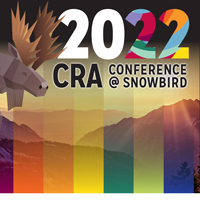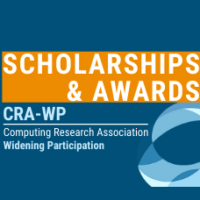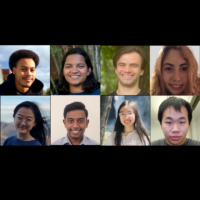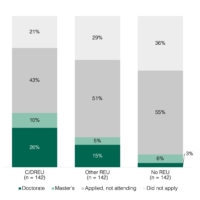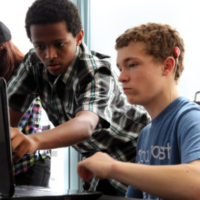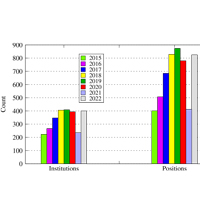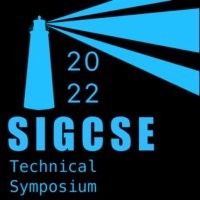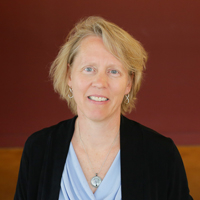
Tracy Camp Named Computing Research Association Executive Director
The Computing Research Association recently announced Dr. Tracy Camp will become the organization’s fourth Executive Director in its 50 year history. Camp is the former Department Head of Computer Science at Colorado School of Mines. She brings to the role strong experience as a leader in the computing research community at the national level, a history spearheading diversity, equity and inclusion initiatives in computing, and a detailed vision for leading the organization into the future. She will assume the role on July 1, 2022.


